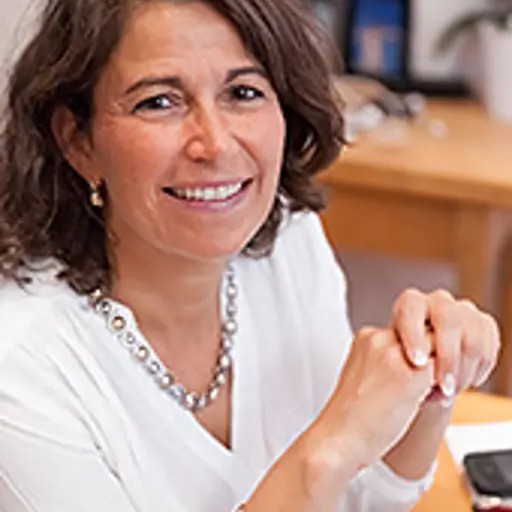To develop new digital products, it is often necessary that multiple organizations with different areas of expertise work together in "innovation networks". Adrian Bumann’s doctoral thesis investigates how such collaboration takes place, and specifically how those organizations create shared "architectural" knowledge on how different technology components fit together.

What challenges do you focus on in your research?
“It is often challenging for many different organizations to work together effectively. Explaining technical concepts to someone from an entirely different area is difficult and can lead to misunderstandings. It also becomes difficult for any single person to act as central “system integrator” who can guide collaborative efforts. And additionally, digital technologies offer a lot of flexibility in how to design systems, which can be both a source of opportunities and uncertainty.”
How do you address the problem?
“I developed a theoretical framework that specifies what type of knowledge organizations have to create together, and what processes help facilitate that. This is based on insights from qualitative case studies of two multi-organization innovation networks that developed new AI tools for marine environmental monitoring and maritime navigation, respectively.”
What are the main findings?
“It sounds corny, but digital innovation is a continuous learning process. A digital component, like a dataset or an algorithm, can be used for different purposes beyond its initial intent, and even late in the innovation process, organizations may discover unexpected synergies that were originally designed for different tasks. In addition, I outlined various practical strategies for cross-disciplinary collaboration, including using different kinds of boundary tools (e.g., prototypes, simulation software, mockup simulators) to translate expert knowledge and co-design technical interfaces.”
What do you hope your research will lead to?
There are many innovation projects out there where domain experts and technical experts work together to address societal or environmental challenges through new digital technologies. I hope this thesis can be helpful for those practitioners in making such collaboration more effective and efficient. Of course, technological innovation alone is rarely sufficient to solve many of the problems we face today, such as biodiversity loss or maritime safety. But if my research can help even just a few people to leverage the opportunities of digital technologies in a cross-disciplinary setting, I’d see that as a success.
Read the thesis: Generating Architectural Knowledge in Digital Innovation Networks
Public defence: 10 October 2024 at 13.15, see link above.
- Full Professor, Entrepreneurship and Strategy, Technology Management and Economics
